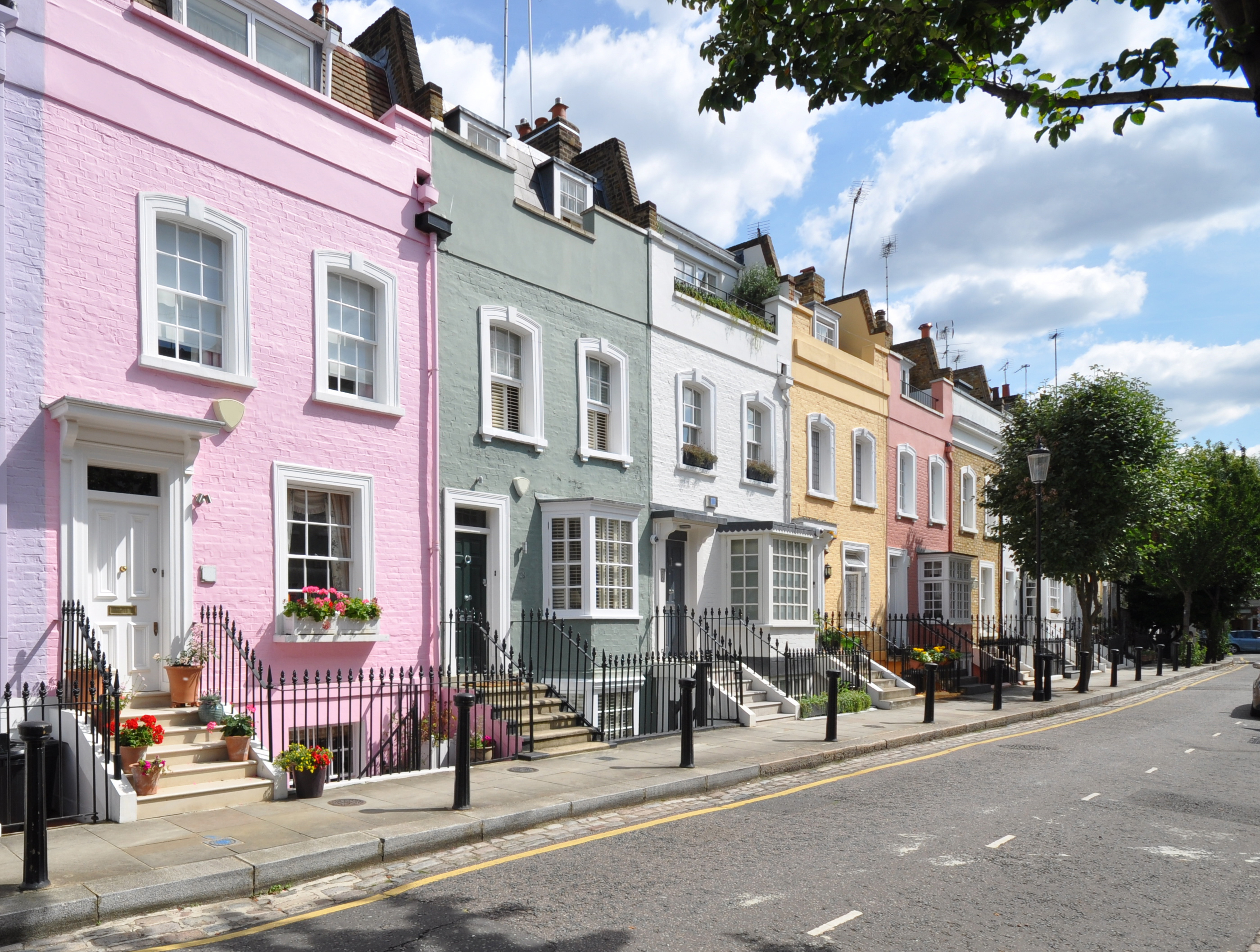
Updated: Oct 24th, 2025
A Guide to Selling Unregistered Property
While it is becoming increasingly rare – thanks to reasons our experts will delve into – unregistered property can still crop up during a sale. When it does, it can bring unexpected complications and delays to the buying and selling process.
So, what exactly happens if a property is not registered with the Land Registry? How much does property registration cost, and can you sell an unregistered property? In this expert-led guide, we break down everything you need to know to navigate the process with confidence.
Registered Versus Unregistered Property – What is the Difference?
A registered property is one that appears in the Land Registry database, with official records of the property’s ownership, boundaries and any charges (like mortgages and loans). These records are held digitally by the Land Registry and provide legal proof of ownership. You may need to consult these records when buying or selling a property, or if you are applying for a mortgage, resolving boundary disputes or proving ownership when it comes to legal matters.
On the other hand, an unregistered property does not appear on the Land Register, although this is becoming increasingly less common. Instead of being registered, the owner must rely on title deeds to prove legal ownership. Title deeds are paper documents showing the chain of ownership for land and property. They can include:
- Conveyances
- Contracts for sale
- Wills
- Mortgages
- Leases
Title deeds documents are often decades old and can cause issues when buying and selling, which is why the registration process is so important.
Registering can also protect your land from property fraud. Your property may be especially vulnerable to fraudulent claims if:
- You live overseas
- Your property is currently empty
- You rent your property out out
- Your property is not mortgaged
- Your property is unregistered.

Why Might a Property Be Unregistered?
There are several reasons why a property might be unregistered, meaning it has not yet been recorded with the Land Registry. In the UK, these reasons could include:
- If the property has not been sold for many years – If the property has been in the same ownership since before registration became compulsory in 1990, it may not be registered.
- If it is part of land or buildings not previously registered – Outbuildings or older extensions might have been left unregistered.
- If it was inherited or gifted – Property transfers like inheritance or gifts often did not require registration some years ago (whereas now, they do).
Is it Compulsory to Register Property with Land Registry?
Prior to 1990, registering your property with the Land Registry was optional. However, despite compulsory registration being in place since 1990, by 2005 the Land Register still only covered around 50%.
To enforce this requirement for properties which have been owned since before 1990, the government introduced events which trigger compulsory registration for previously unregistered land. This includes things like:
- A death of a sole proprietor
- A sale
- Inheritance
- A mortgage
- An appointment of a new trustee.
Due to these ‘triggers’ over the last few years, registration coverage has increased by just over 1% each year, which equates to an annual growth of around 150,000 hectares.
What Happens if a Property is Not Registered with HM Land Registry?
Unregistered property and land can lead to complications due to uncertainty over ownership. This can cause issues down the line if you find yourself wanting to sell the property, prove ownership or resolve a dispute.
For this reason, our experts recommend registering any unregistered property you own, even if you have no immediate plans to sell.
How Can I See if My Property is Registered or Unregistered?
You can check the Land Registry records to see if your property, or any other property for that matter, is registered or unregistered. If yours is not registered, we recommend that you look into starting the registration process, even if you are not planning to sell your property.

Can I Sell My House If It Is Not Registered with the Land Registry?
Yes, it is possible to sell an unregistered house. However, the sale will prompt a first registration, which is a mandatory and legal requirement once the sale occurs.
You may, however, wish to consider registering the property before putting it on the market, as unregistered properties can deter potential buyers. This is most often due to the added legal complexities it brings, the need to prove ownership through dated title deeds, and the delays that may arise during the registration process.
Your buyers’ mortgage lenders may also be more cautious of lending for an unregistered property, which can slow down the sale. If you are looking to sell your house fast, our experts strongly recommend going through the registration process.
How Long Does it Take to Register an Unregistered Property?
Registering an unregistered property for the first time can take anywhere between 11 to 18 months, depending on the complexity of the case, whether you have legal assistance and whether all documents are in order.
According to HM Land Registry: “We complete half of all applications to register land or property for the first time in about 11 months. We complete almost all in about 14 months.”
In rare cases, it may take slightly longer depending on the specifics of the application.
The process can be done by the new owner themselves, which may add to the timeline due to the legal steps required, or handled by a solicitor or conveyancer for a quicker process. If you choose to apply without assistance, the GOV.UK website provides detailed guidance on submitting a first registration without legal representation.
How Much Does it Cost to Register an Unregistered Property?
You can find the Land Registry fees in the table below. Note that there is a reduced fee for first registration.
| Property Value | Cost (if application is via post) | Cost (if application is via portal/Business Gateway – whole registered title) | Cost (if application is via portal/Business Gateway – part registered title) | Voluntary First Registration (reduced fee) |
|---|---|---|---|---|
| £0 to £80,000 | £45 | £20 | £45 | £30 |
| £80,001 to £100,000 | £95 | £40 | £95 | £70 |
| £100,001 to £200,000 | £230 | £100 | £230 | £170 |
| £200,001 to £500,000 | £330 | £150 | £330 | £250 |
| £500,001 to £1,000,000 | £655 | £295 | £655 | £495 |
| £1,000,001 and over | £1,105 | £500 | £1,105 | £830 |
*Land registry fees were correct as of August 2025, according to HM Land Registry.
If you are in any doubt, you can find the correct registration fee for your property here.
Final Thoughts on Registering Property
While selling an unregistered property is still possible, it can introduce added complexity, delays in the sale and potential legal risks – all of which can be avoided through registration.
Registering your property with HM Land Registry not only provides legal proof of ownership, but it can also protect against property fraud, and makes future sales faster and smoother.
With first registration taking up to 18 months and fees that vary based on your property’s value, planning ahead is key – especially if you are looking to sell in the near future.
If you are not sure which route to go down or do not have the time to register your home, you could consider selling at auction. At Auction House London, we specialise in properties with complications, such an existing lis pendens or Japanese knotweed. Why not request a free valuation on your home, and find out how much your home could be worth today.
